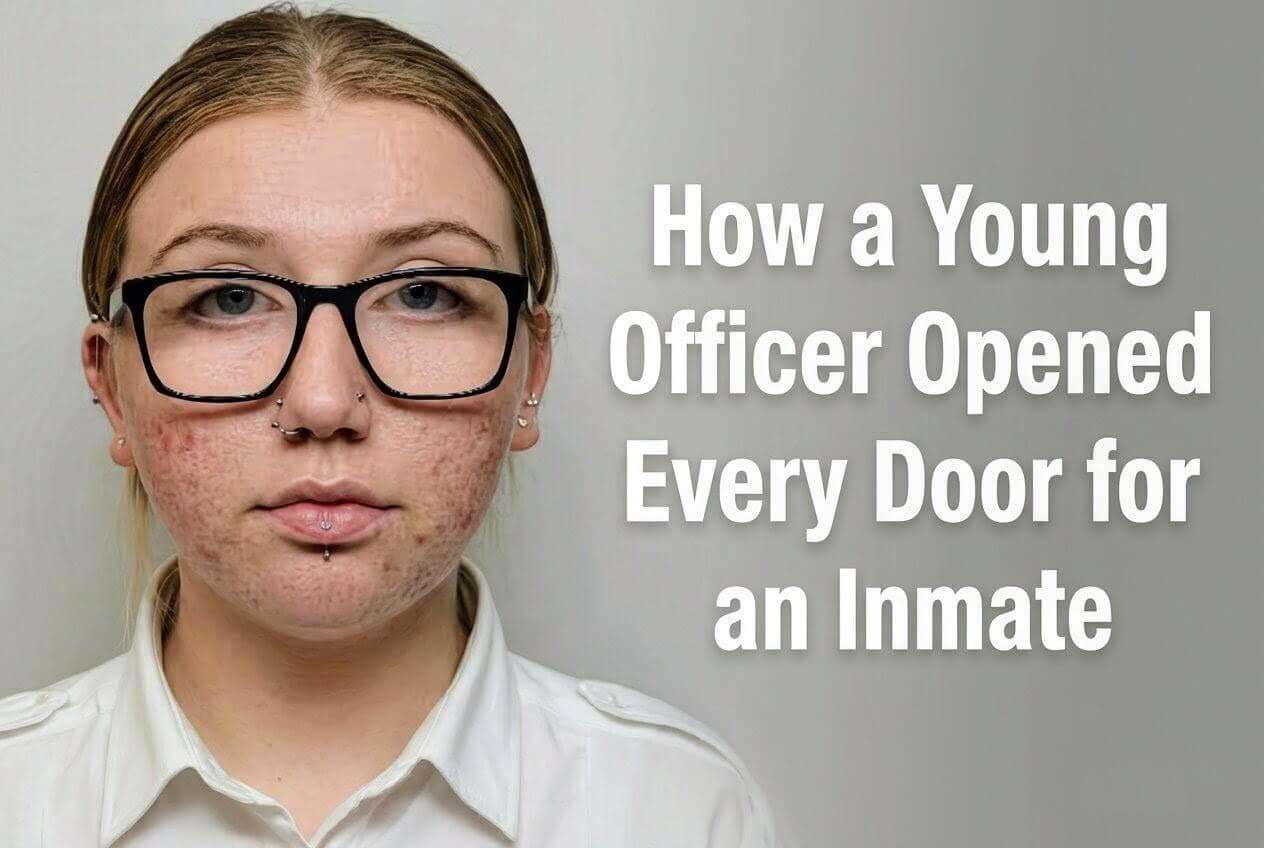Following a troubling trend of tightening restrictions across Europe, Austria has once again positioned itself at the center of a heated human rights controversy by announcing a strict ban on Islamic headscarves for schoolgirls under the age of 14. While the government frames the move as a necessary step for integration, critics and human rights advocates are condemning the legislation as a flagrant violation of religious freedom and a discriminatory act that polices the bodies of young women under the guise of liberation.
State Secretary Jorg Leichtfried and Integration Minister Claudia Plakolm unveiled the restrictive details on Thursday, relying on the controversial argument that a headscarf is inherently a symbol of oppression. Plakolm justified the state’s intervention by claiming that young girls develop feelings of shame and a distorted self-image when wearing the garment. However, opponents argue that this rhetoric is deeply patronizing, stripping Muslim families of their agency and imposing a singular, state-sanctioned definition of what a "free" childhood looks like. The ban, which is set to apply to all public and private schools including playgrounds and sports fields, is scheduled for implementation in the 2026/2027 school year.
The legislation has drawn immediate accusations of hypocrisy and institutional bias. During a cabinet meeting in September, Plakolm was pressed on why Christian symbols, such as the cross, remain permissible in schools while the hijab is targeted. Her insistence that the headscarf is uniquely oppressive suggests a double standard that singles out one specific religious community. This selective targeting ignores the diversity of religious expression and contradicts the very principles of neutrality the state claims to uphold. It is a move that seemingly ignores the precedent set in 2019, when Austria’s top court struck down a similar ban precisely because it violated constitutional legislation on religious freedom.
The enforcement measures associated with this ban have been described as particularly harsh and invasive. Rather than fostering dialogue, the law effectively deputizes school administrators to police the attire of their students. The process begins with interrogations of the student and parents by school and district authorities. If families refuse to comply with the state's dress code, the consequences escalate dramatically. The involvement of local youth welfare agencies is threatened, and parents could face fines ranging from £130 to £700. In the most extreme cases, parents could even face up to two weeks in prison, a punitive measure that criminalizes the practice of faith within the family unit.
The Islamic Religious Community in Austria (IGGO) has voiced fierce opposition to the proposal, criticizing the government for ignoring all prior attempts to find a constitutional solution. They have labeled the ban as symbolic politics played at the expense of children and democracy. By forcing young girls to choose between their education and their religious identity, the state risks alienating the very demographic it claims to want to integrate. Critics argue that true empowerment comes from the freedom to choose, not from state coercion that strips girls of their right to express their identity visibly and without shame.
While Minister Plakolm argues that the number of Muslim girls has risen and that the state must protect them from "assigned roles," opponents view this as a dangerous overreach of government power. By dictating what a girl can or cannot wear, the state is ironically imposing its own assigned role upon her. As the coalition government pushes forward, confident that this version of the law will withstand legal scrutiny, human rights watchdogs warn that this legislation sets a perilous precedent for religious intolerance in the heart of Europe.







.jpg)
.svg)

.jpg)
